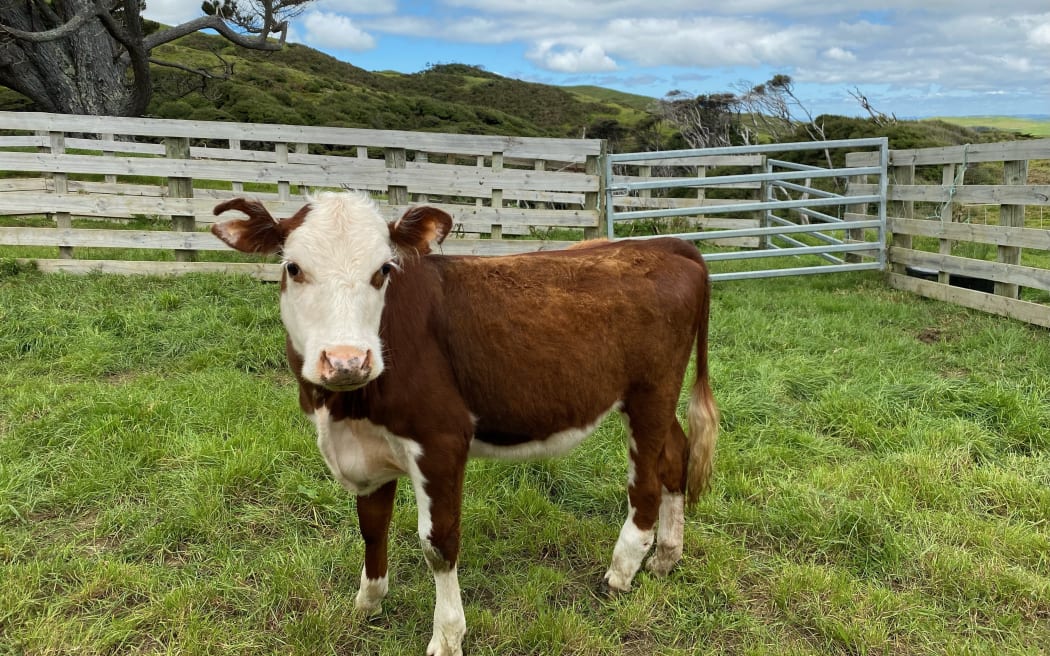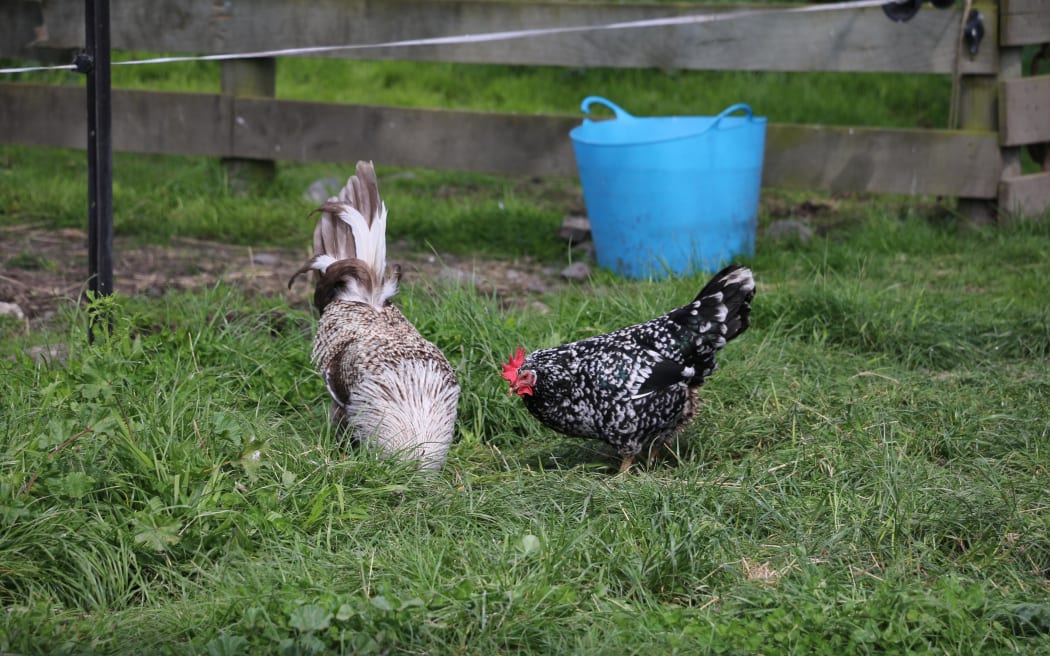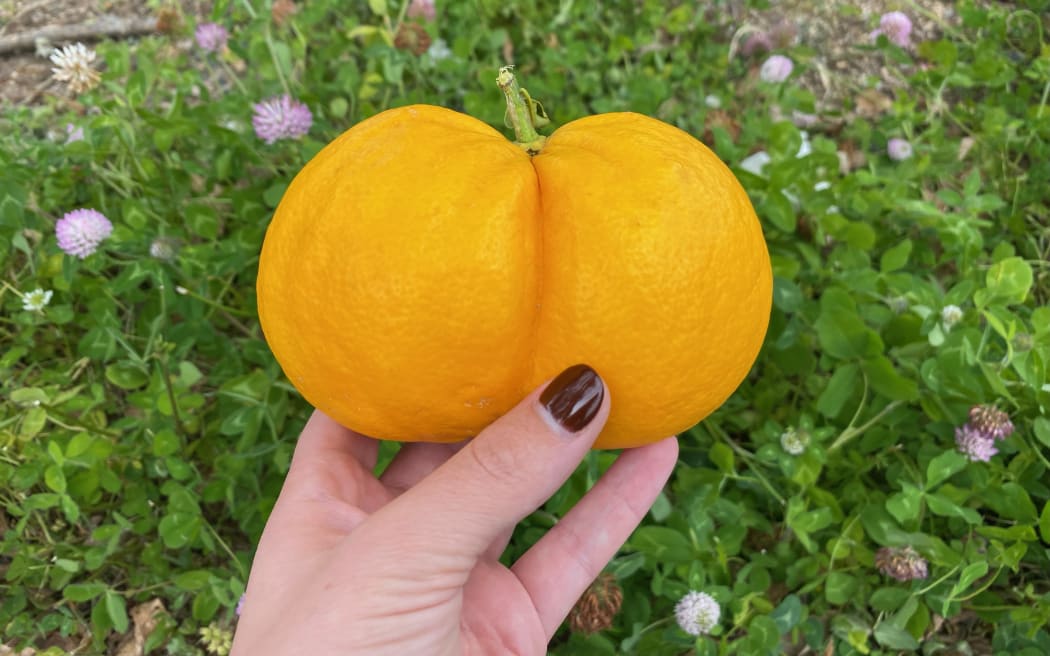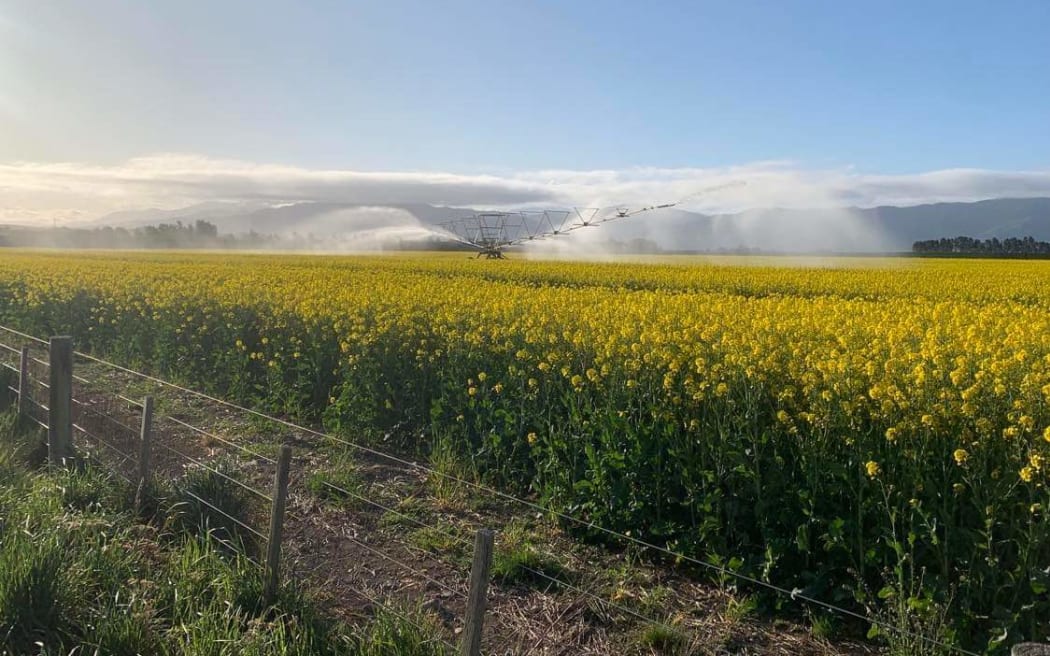Most farms are pretty short of grass in Northland and supplementary feed suppliers say there has been a big uptake. Strong wind has stopped spraying in its tracks for an olive grower in Wairarapa, while in Central Otago a frost at the beginning of the week was an early wake up call for cherry growers.
Most farms are pretty short of grass in Northland and supplementary feed suppliers say there has been a big uptake. Our contact drove from Taupō to Kaitaia this week and only saw two lots of silage being made in his journey. He says Fonterra has downgraded its milk production forecasts for the area by five per cent and up to eight per cent further north due to the lack of grass. There are not a lot of crops in the ground yet, although some paddocks are sprayed out and the odd one has been worked up in preparation. The wet conditions have held many farmers up, but now the ground has dried up everyone wants it done at once and contractors cannot keep up with demand.
Around Pukekohe, the week has been generally fine and irrigation is being applied to a variety of crops.

A lone calf has a sight for sore eyes looking over the hills near Raglan to the glistening sea. Photo: RNZ/Leah Tebbutt
The sun is shining and dust was flowing across the paddock when we called in Waikato. Our contact was sitting in his tractor, where he's been for 12 hours each day this week getting his 100-acre maize plot ready now the sun is out. He'll spend Saturday planting, and although some around him were panicking and putting maize in two weeks early it's just germinating now because of the cold nights. He hopes his won't be that far behind. Grass has begun to shoot up thanks to the sunshine pouring down on the region this week and in the past two days milk production has also shot up as a result. Some of the cows, affected by facial eczema in the autumn, have some liver damage now - but otherwise, the girls are doing well.
It's a case of trimming avocado trees in Bay of Plenty this week. Picking for one grower doesn't begin until December, after being pushed out a month because of rain earlier on in the year. After a bumper season on this orchard last year, thoughts are it will be a small crop this year. Shipping is proving to be an absolute nightmare, with growers being warned this year might be the toughest for shipping reliability and vessel availability dire. Prices are soft in Australia and New Zealand due to oversupply but our contact is hoping market prices will firm up relatively soon.

Photo: Cosmo Kentish-Barnes
It's not been the usual spring flush in Taranaki that you'd expect to see by the end of September. And even now there is still no sight of it. Our contact says that to put it into perspective, he had 60 hectares shut up for silage last year. This year there is nothing. It's putting a strain on things around the district with some talking already about milking once a day as a result. It's been pretty breezy this week with farmers looking forward to the rain forecast for this weekend. Our contact is hoping it's one of those years where it all kicks off a little bit later than usual and they're about to turn a corner.
It's been beautiful, beautiful sunny days in Gisborne this week and things are drying out. But with southerlies still blowing after the fine weather temperatures are still fresh. Growth is happening on the vineyards after a late September frost knocked everything back a bit ... chardonnay bore the brunt of the damage. The season is about on schedule, with workers kept busy shoot thinning, bud rubbing, weeding and spraying among other things. Those in the region hoping to plant squash haven't had any luck just yet as the wet ground still can't carry the weight of the tractor.
In Taihape, Manawatū, farmers are struggling with the moisture in the ground. It hasn't been good for growth and it's simply too wet to start planting crops. Usually, in a year the district would see a metre of rain, but so far they've had 1, 150mm. Grass has started to pick up in the past few days thanks to some sunshine and ground temperature also moving up, but it's not a lot warmer than three months ago. Our contact hopes in the next couple of weeks things will explode as it usually does around mid-October.

Could it be a bumper season, judging by this lemon? Photo: RNZ/Leah Tebbutt
It's been a reasonably fine week in Wairarapa, but the wind has stopped spraying in its tracks for an olive grower. However, it has helped dry things up. The ground has been very wet this year, stopping the tractor from getting into the rows. It's looking like it could be a good crop this year. And while spraying hasn't been too successful this week it hasn't slowed other jobs in the orchard down ... like pruning.
Cooler South Island
A hop grower at Tapawera in the Nelson Region has planted two new varieties of hops this year, so new in fact that they haven't even been named yet! There are now twelve varieties growing in the hop garden. He says he's lucky to have seven new workers helping with hop training along with a couple of the local team. The helpers are from Malaysia and seem to be learning the technique well. The cooler temperatures being experienced in the region have slowed hop growth down, so the team is easily keeping up with the plants.

Photo: Cosmo Kentish-Barnes
A farmer at the top of the Marlborough Sounds has had some nice days this week but nights are still a bit chilly. He's been clearing farm tracks damaged by the August storm with an excavator. This had to wait for lambing to be finished so as not to disturb the newborns. The storm left the property with ugly slips that have scarred the landscape, but hopefully, they'll recover over the next couple of years. He says calving's pretty spread out - but it's mostly finished now. The cattle have cleaned up all the rough feed on the hills so some warm rain's needed to get the spring growth moving along.
Farmers are humming along on the West Coast. Grass is growing well and silage is locked out with some more to be cut again in a few weeks. There is a good clover base in the paddocks and cows are looking pretty good overall. Our contact says there's a lot of bulling going on in his dairy herd - cows mounting each other shows they are in their fertile period. When we called it was supposed to be raining, but the sun was out keeping people chipper.
It's cooler than they're used to in North Canterbury. But despite the temperature, there are quite a few people irrigating as the surface of the ground has dried up. Our contact says the season appears to be four to five days behind, due to the carry-on effects of the wet winter. An awful lot of barley has just gone in the soil in the past 10 days and when it starts growing, it will go like crazy, so people need to be well organised. There hasn't been much if any, silage, crops or hay cut as you'd expect for this time of year - but there hasn't been the warmth to bulk up feed. Livestock is in good condition although most farmers will need a couple of weeks to get them to the weight they need to be.
A very welcome rain has just delivered approx 15 millimetres to the upper plains of Canterbury. Temperatures largely remain cool and pasture and crop growth is slow and behind normal. Planting next year's winter feed crops has been in full swing over the last couple of weeks.

Canola gets a sprinkling in South Canterbury. Photo: Supplied
A frost at the beginning of the week in Central Otago was an early wake-up call for cherry growers. But the wind machine did its job and there was no damage to fruit. A bit of rain a few days later bodes well for the cherries which lap it up at this point in the season. If you're superstitious, rain now means there shouldn't be any when it comes time to pick. The cherries are only the size of peas at the moment, but growers are happy with how the crop size is shaping up. The trees flowered ten days later than normal and with moderate temperatures, it doesn't seem like they will catch up anytime soon. Picking won't start until five to ten days later than normal unless it begins to warm up through November.
A fair bit of rain in Southland this week came with no complaints. There has been a long run of dry, sunny weather firming up ground conditions. And with crops in the ground now, the rain was good to have. A lot of tractor work can be seen across the region with new grass and arable crops being planted along with turnips for Summer feed. The first of the silage cuts have been put away in the last week so there is a lot of silage in the pits. It's made those in the South feel very blessed, as they know others across the North are struggling for feed. Tailing is continuing and beef calving is getting through now too.

